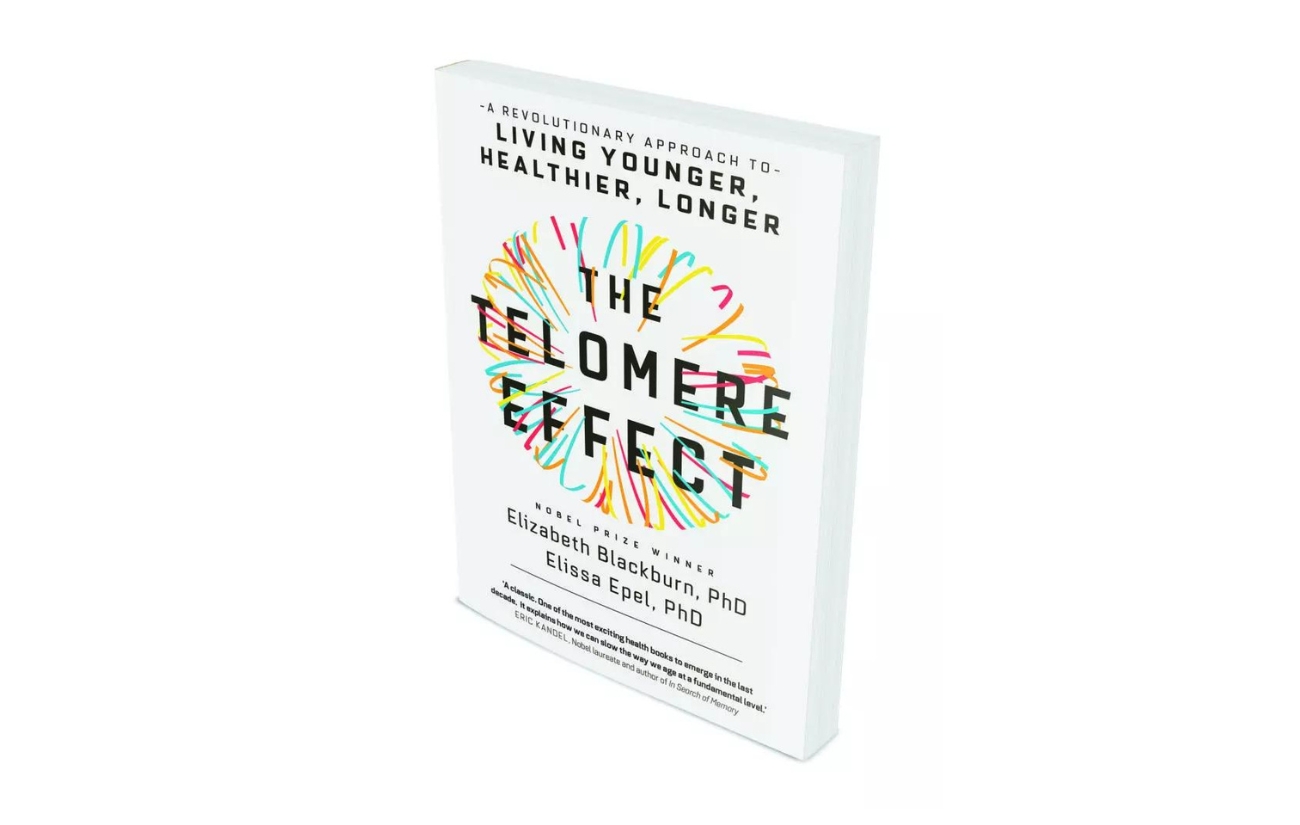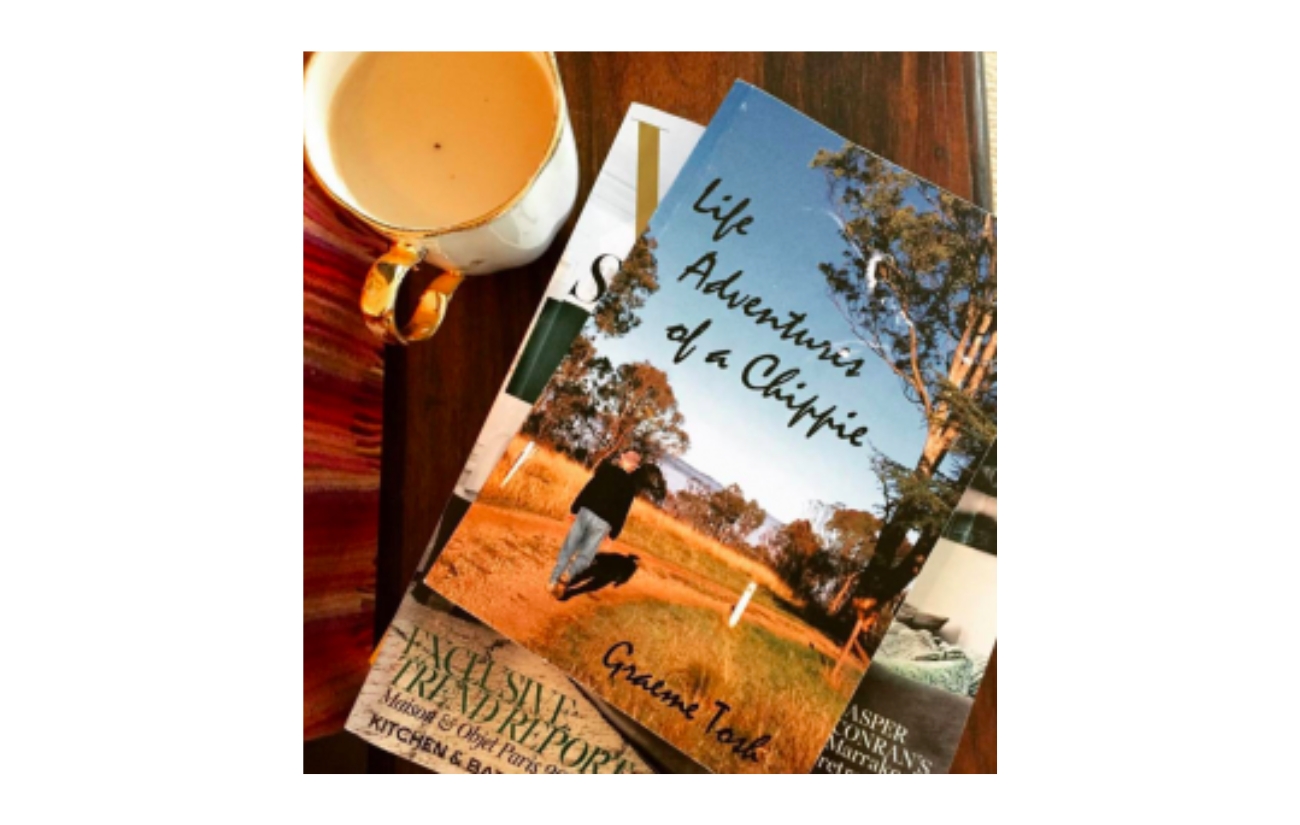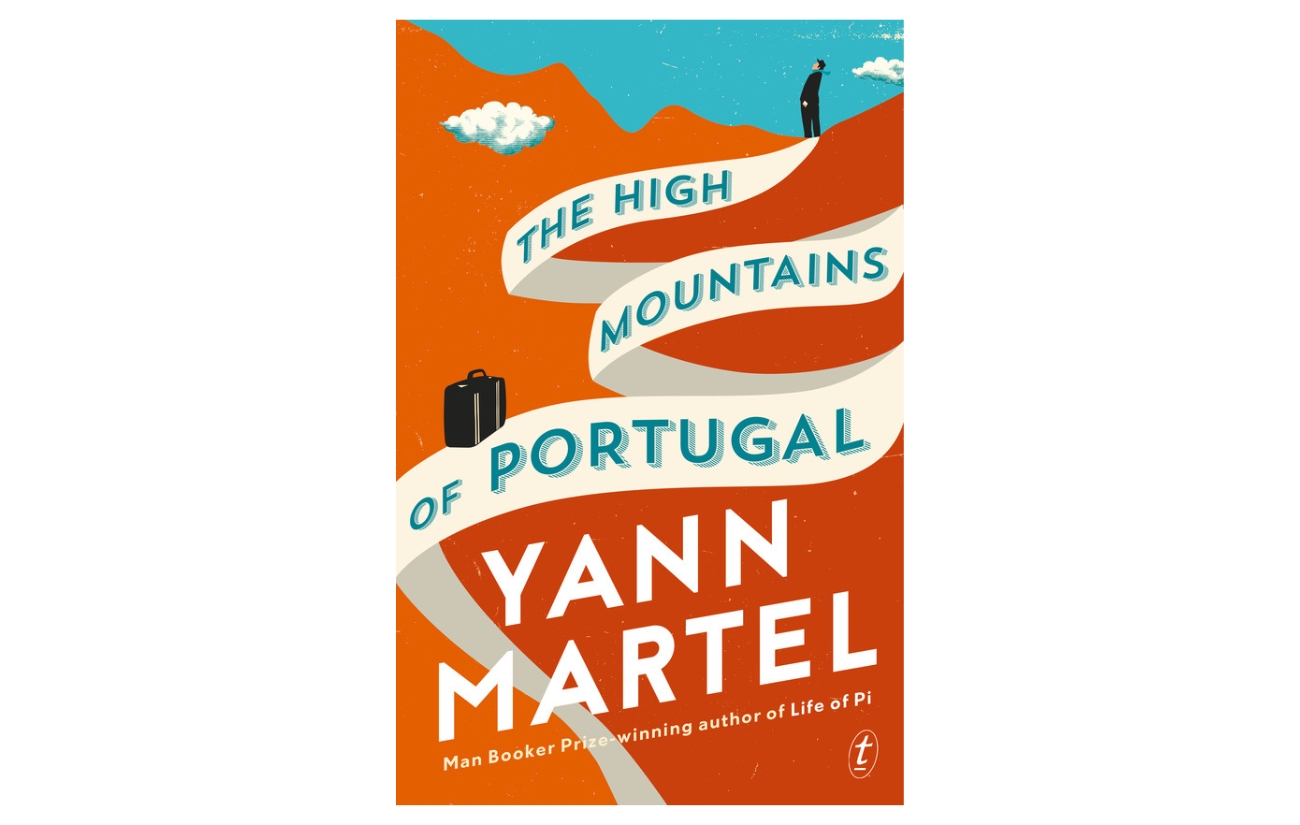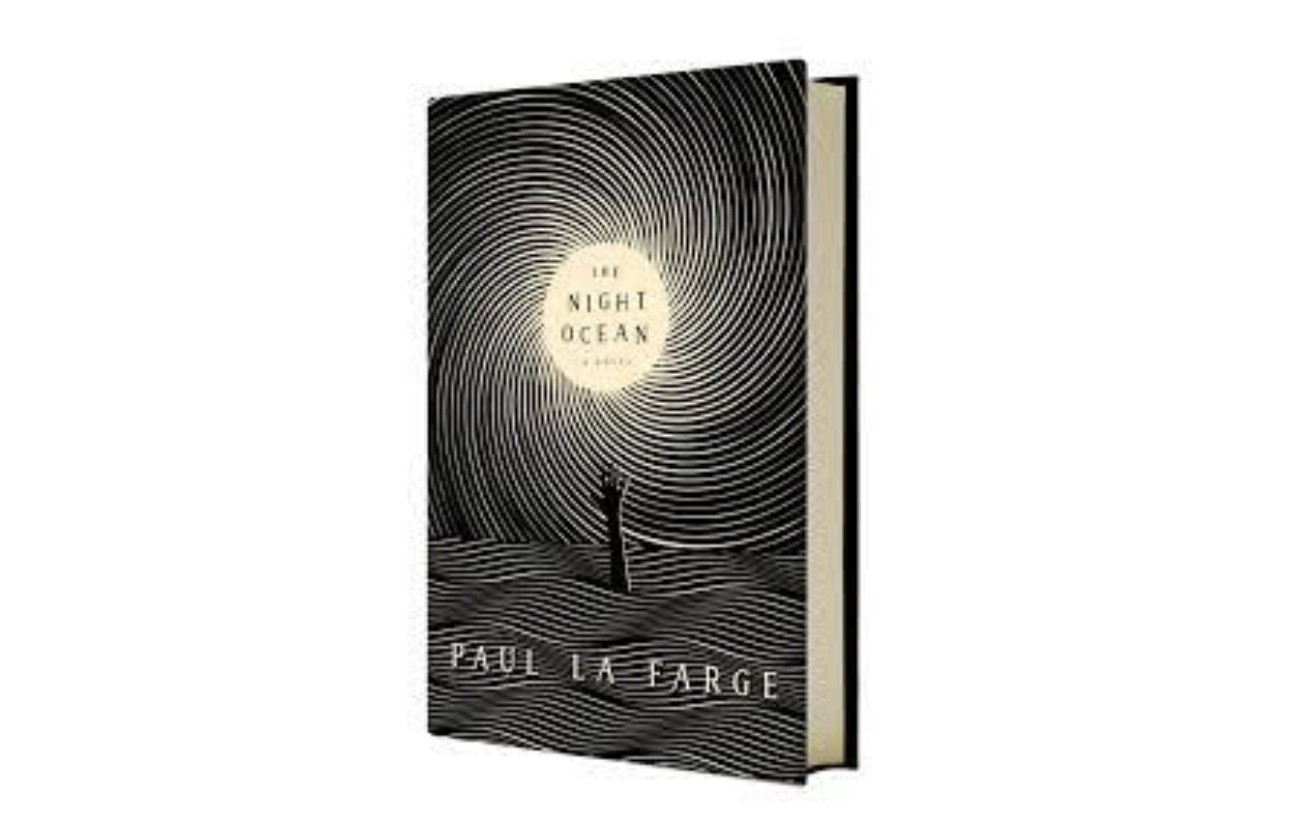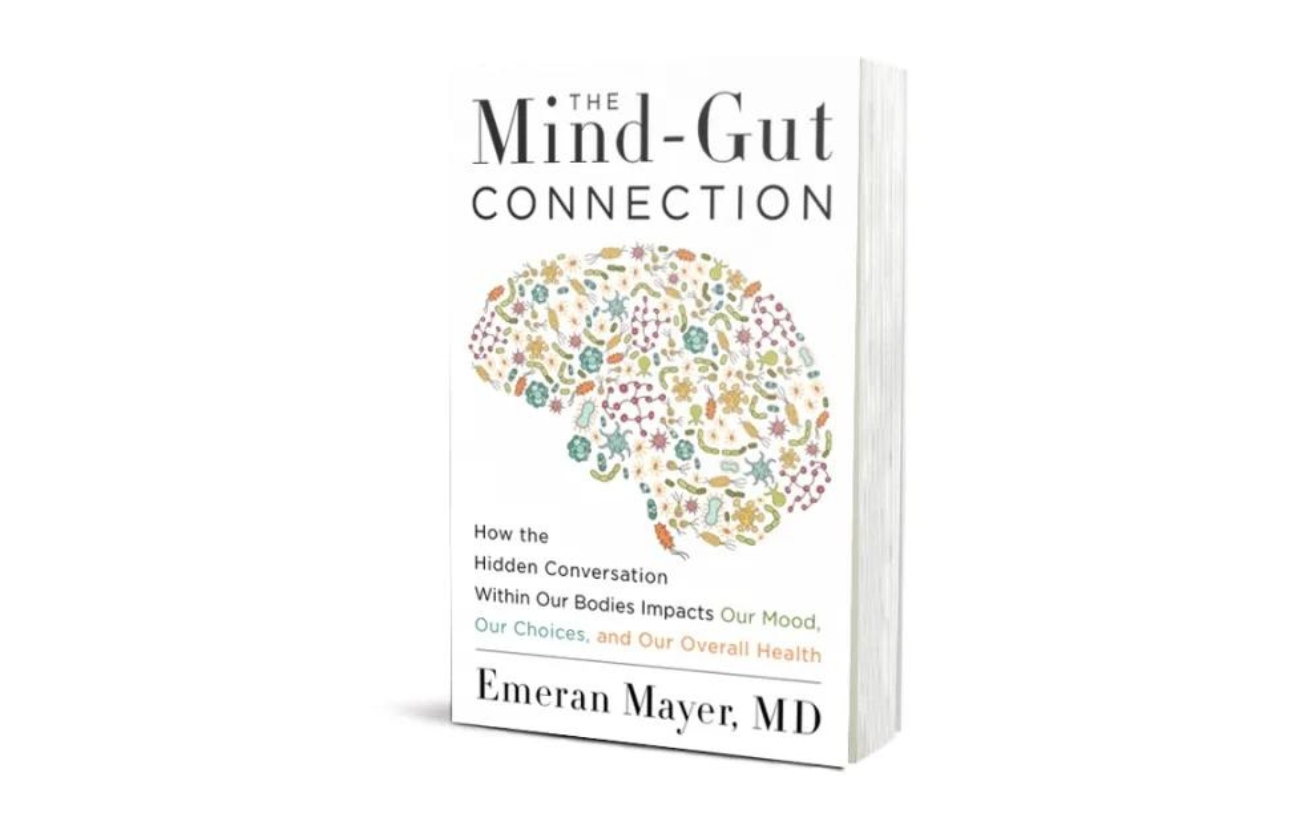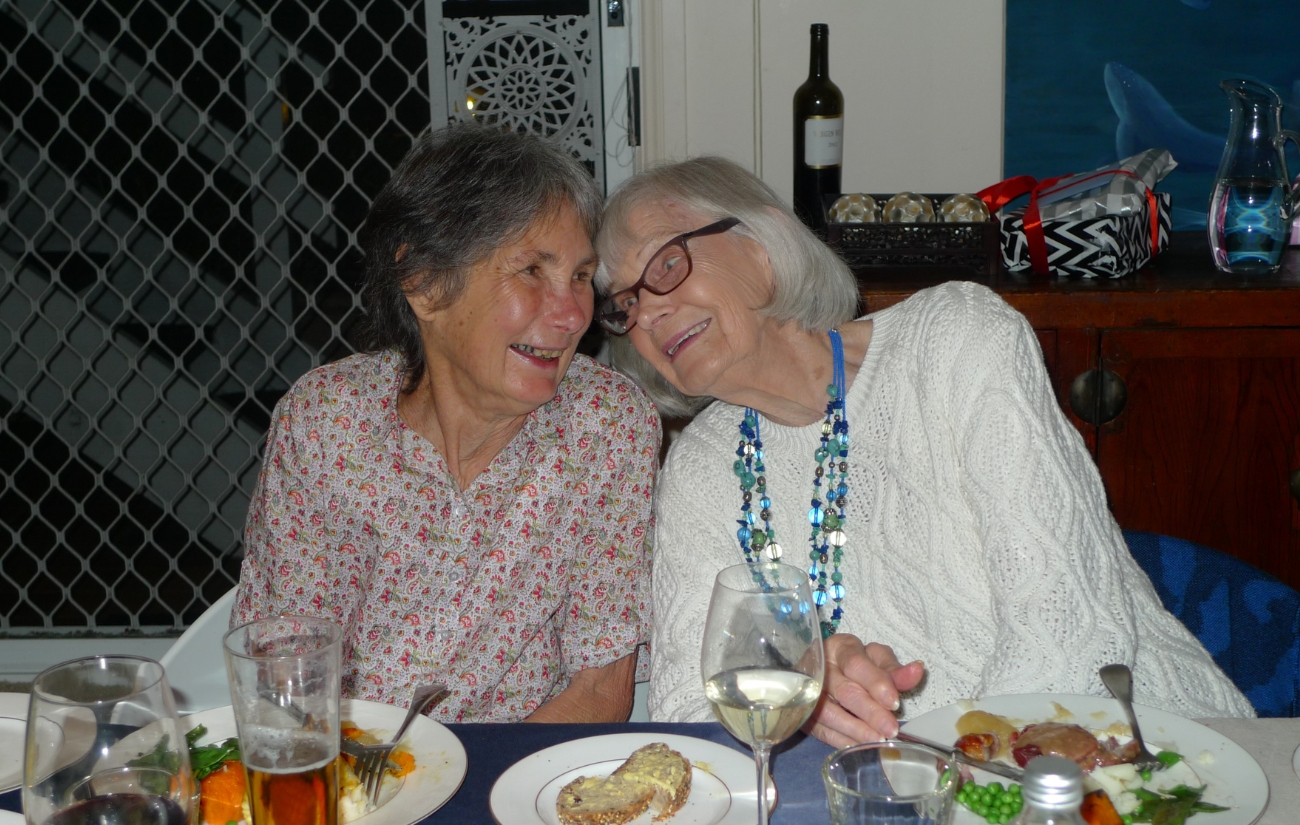09 Feb The Telomere Effect by Elizabeth Blackburn & Elissa Epel: Book Review
The Telomere Effect: A Revolutionary Approach to Living Younger, Healthier, Longer by Nobel Prize Winner, Elizabeth Blackburn and Elissa Epel. Learn about the telomere effect of the shoe lace cap like ends of our DNA and discover the secret to ageing gracefully. We all know that we...


